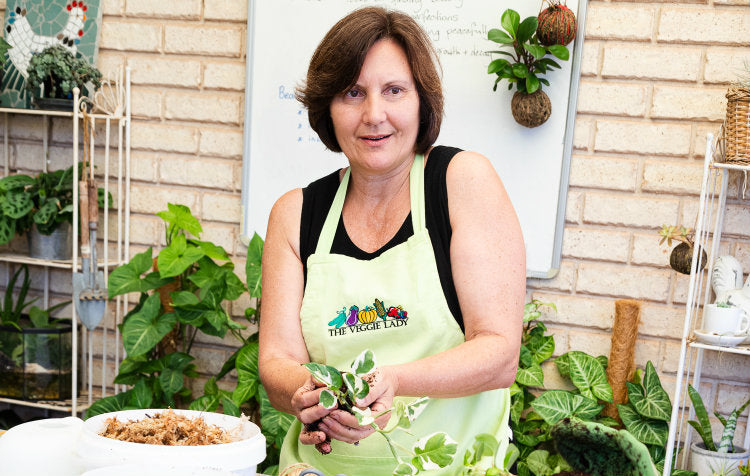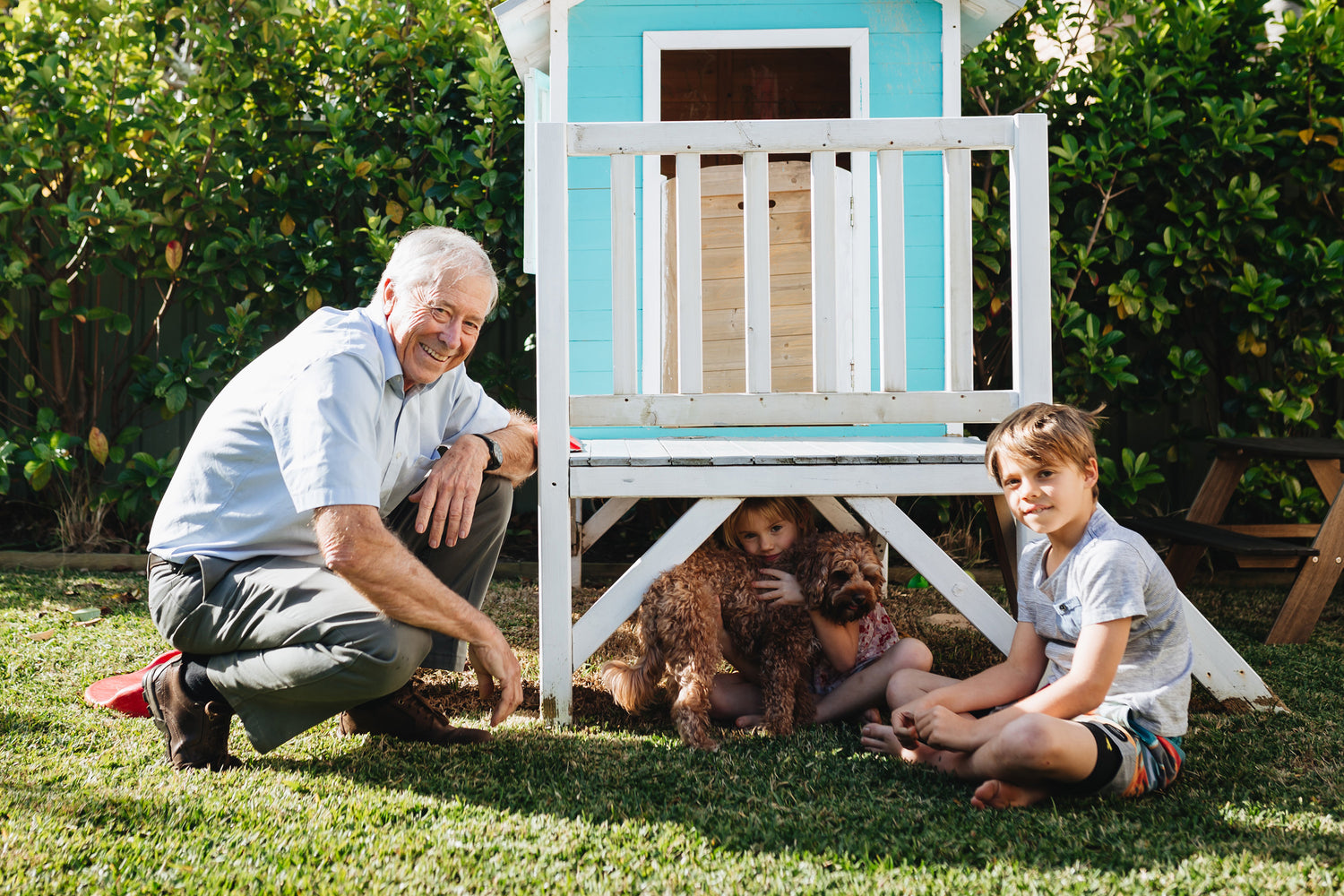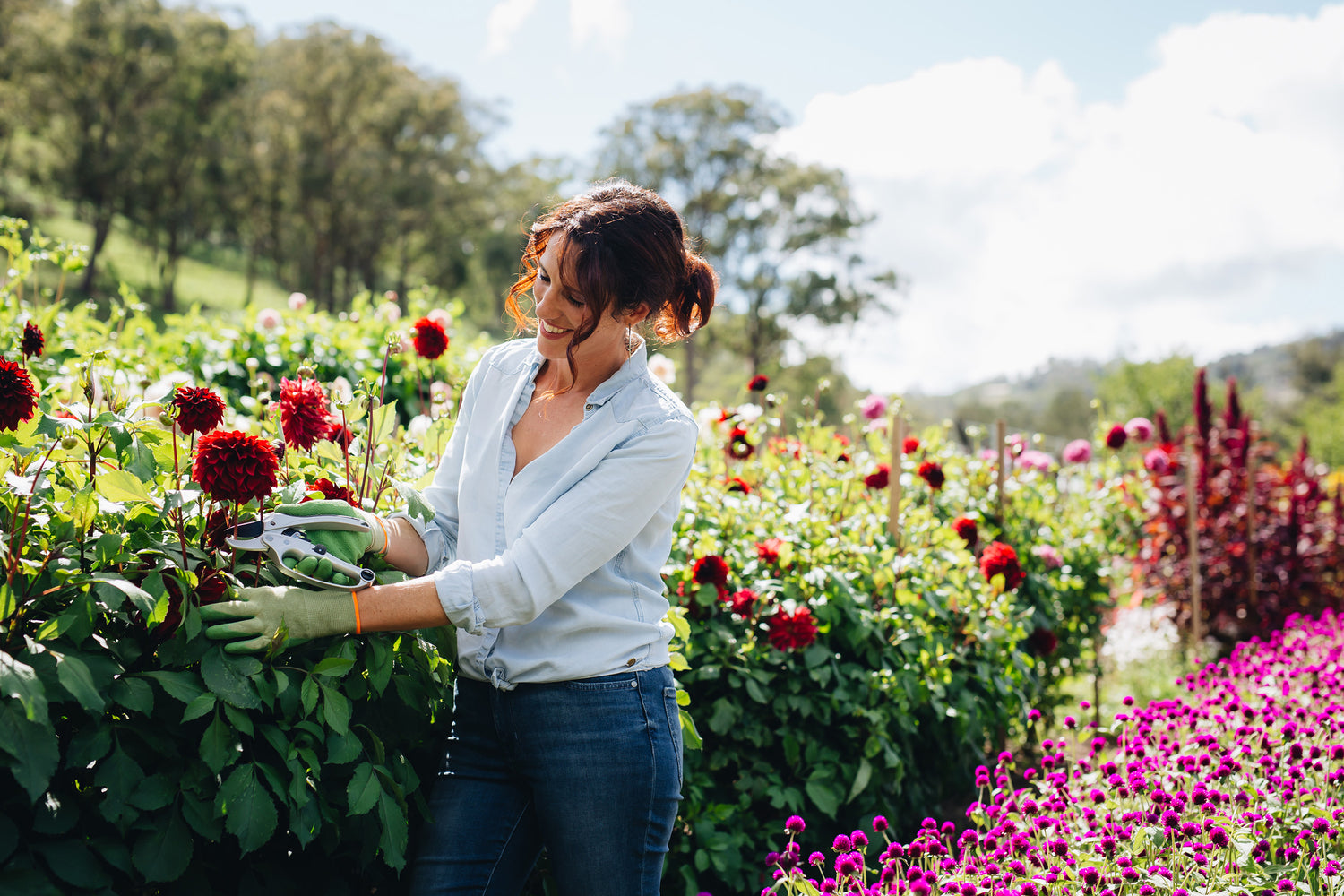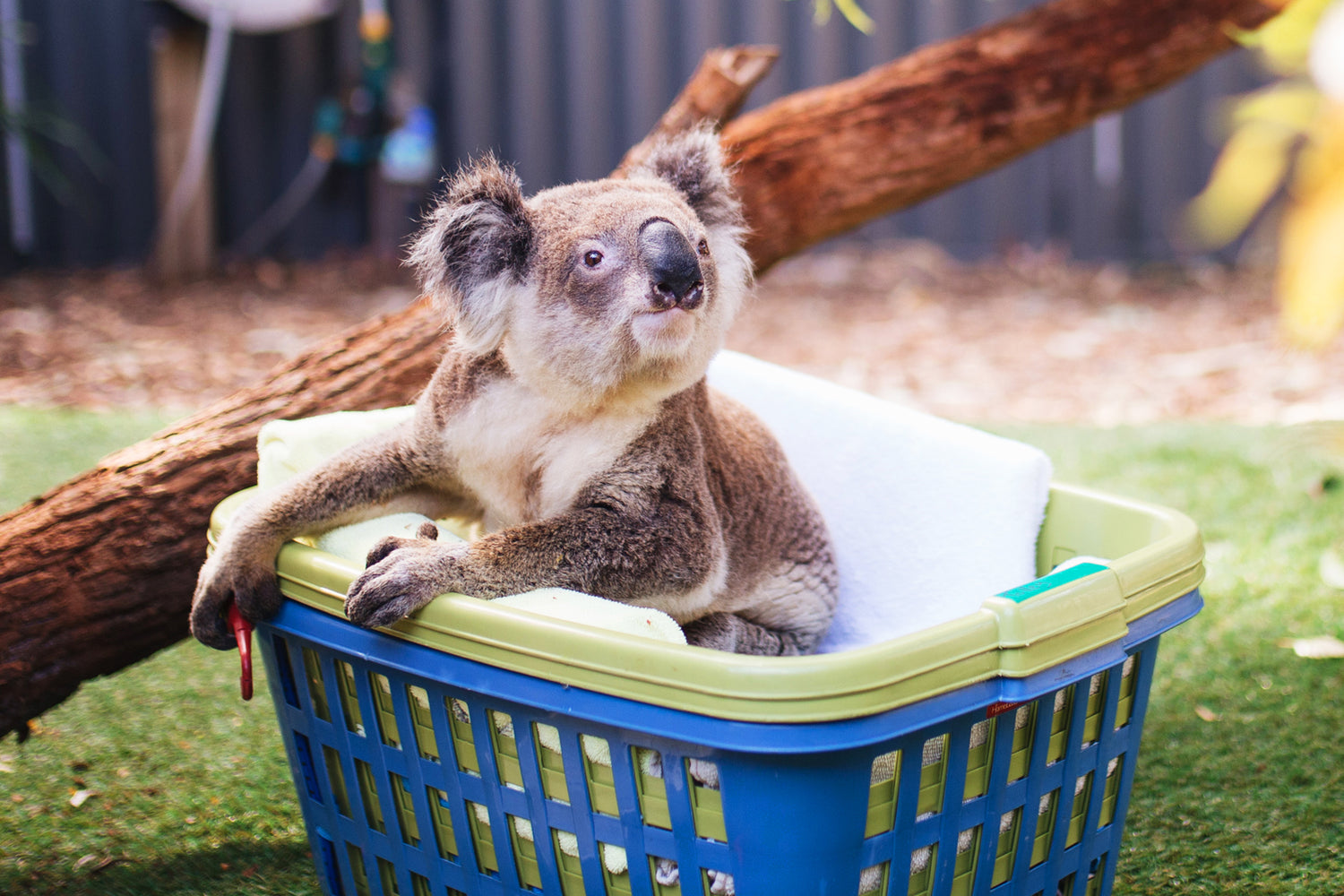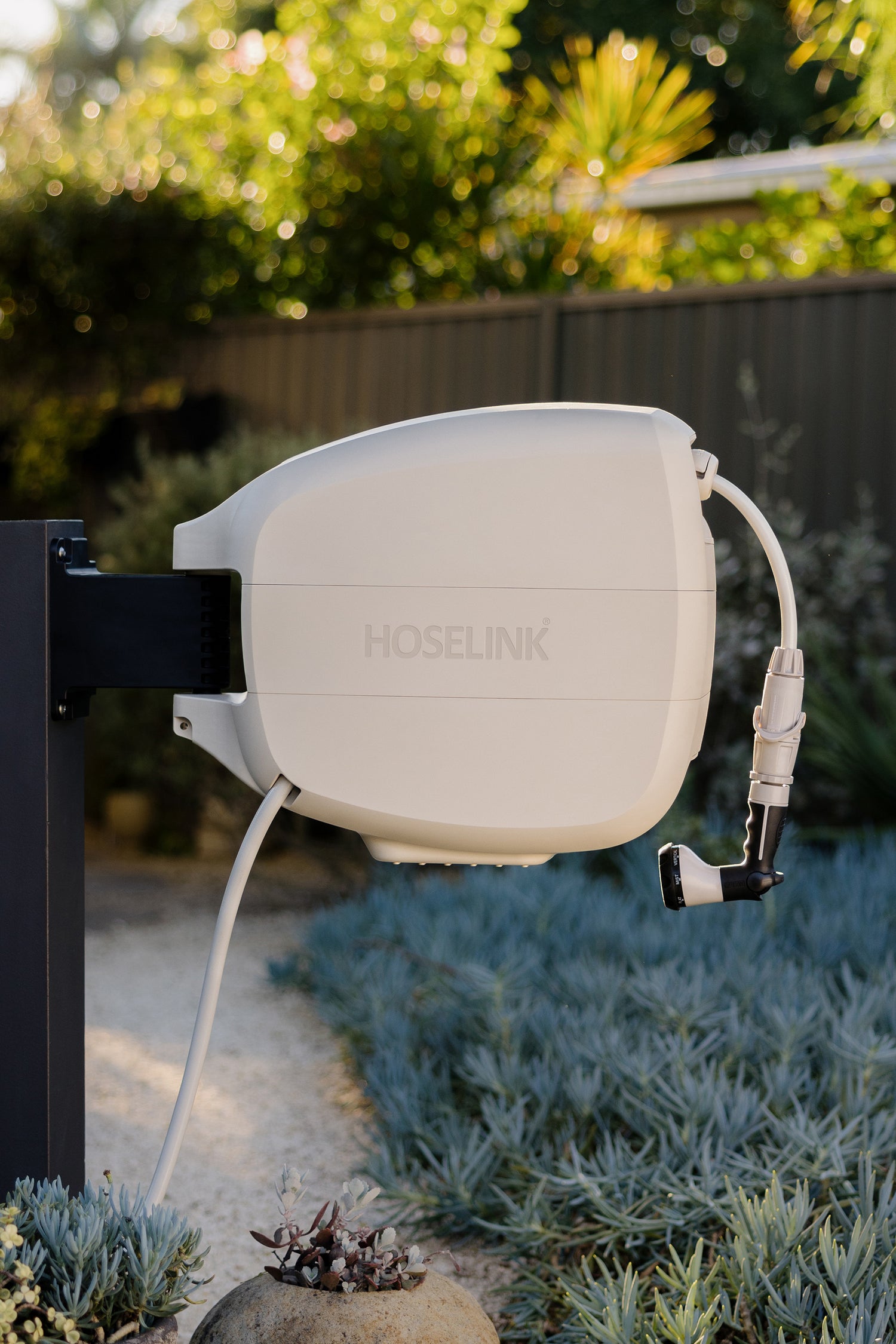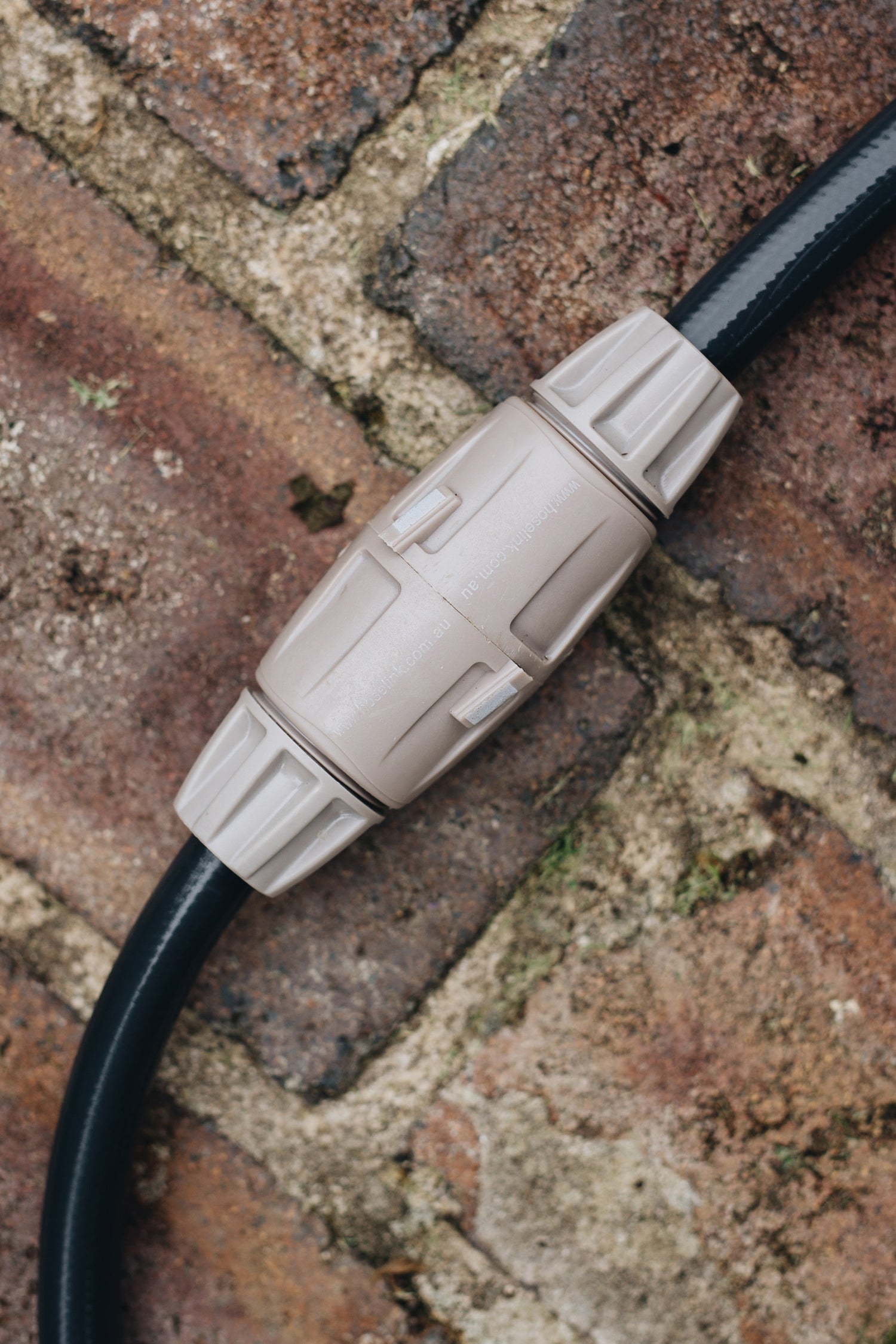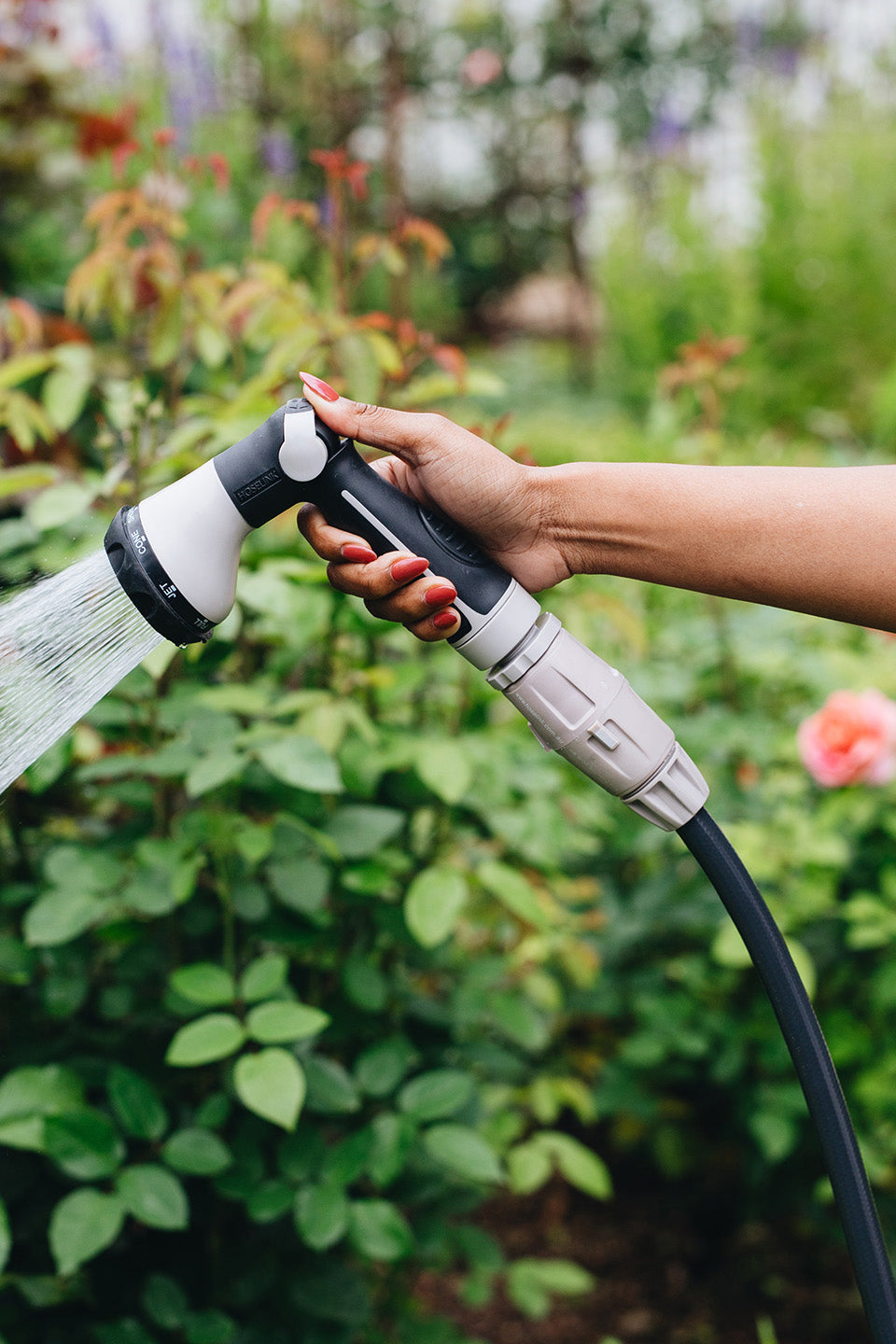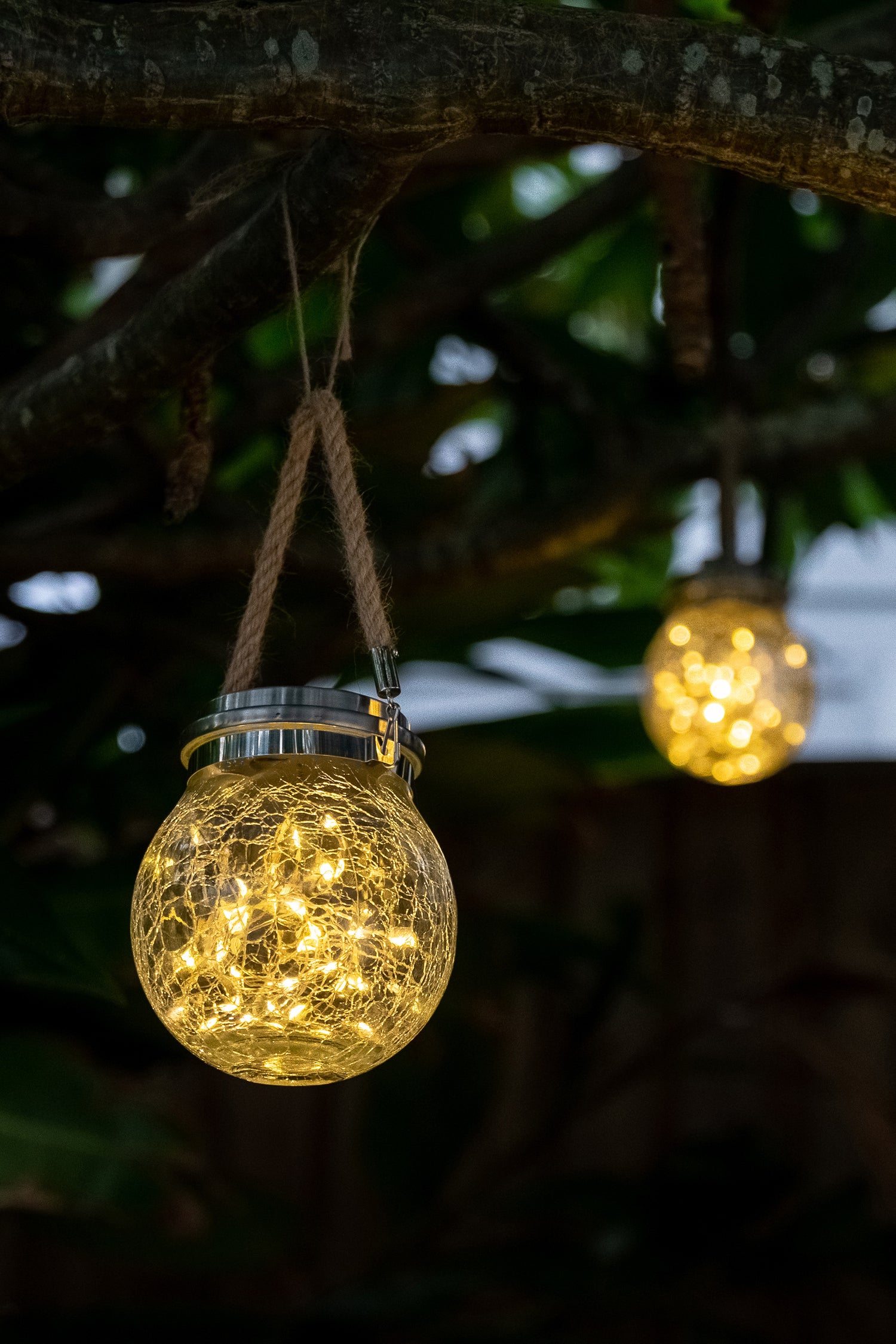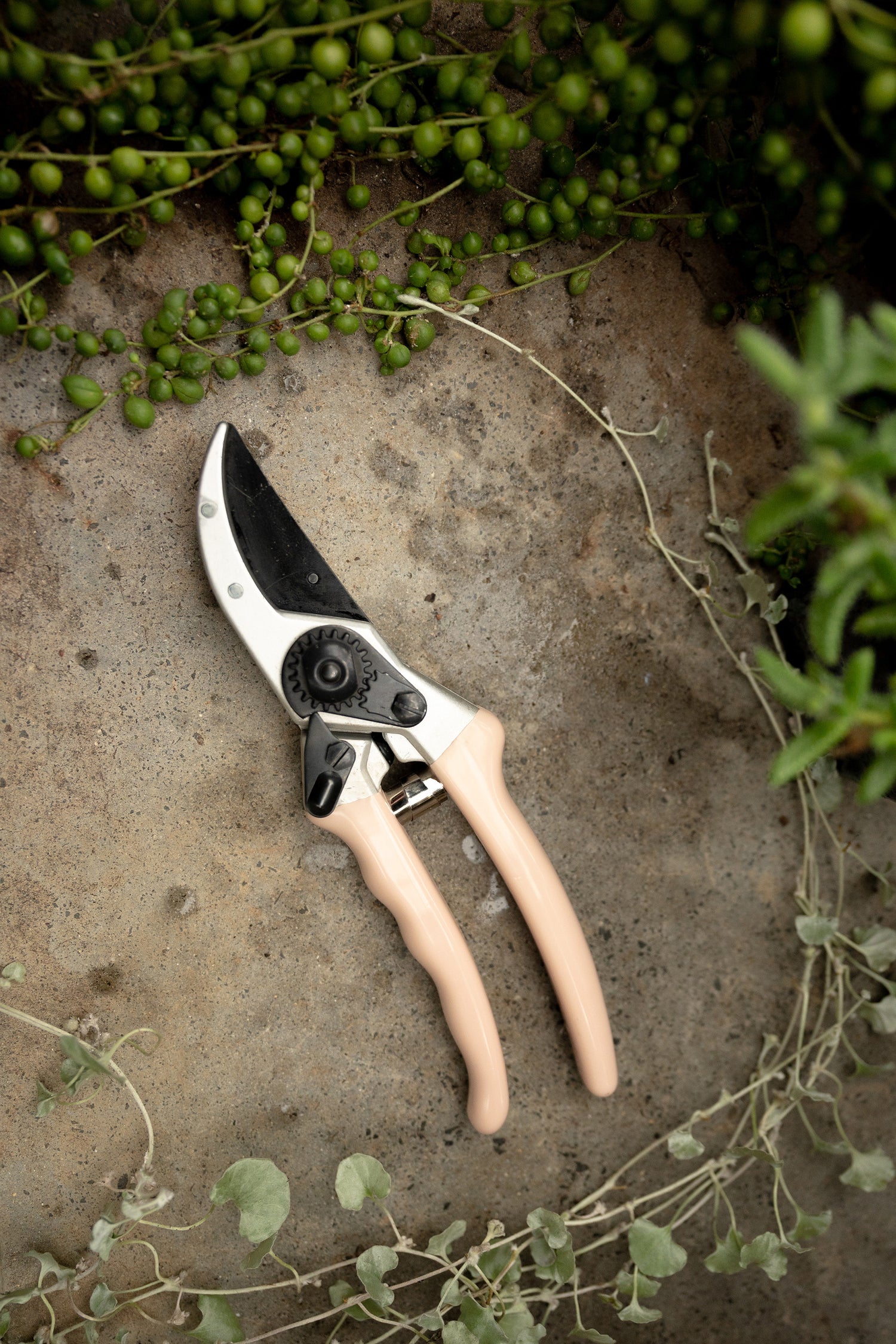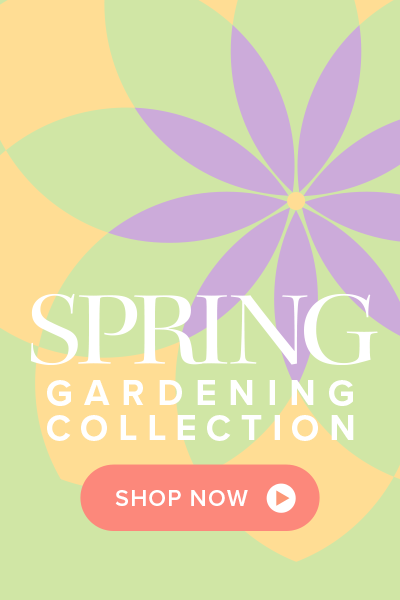Have you ever been pottering around in your garden and wondered why you feel so calm and at peace? Is it the subtle breeze tickling the skin on your arms or is it the enveloping warmth from the sun beaming down above you? Our gardens are an oasis; a place for us to unwind and escape the realities of life.
Toni Salter, also known as The Veggie Lady, is a qualified horticulturalist and educator who teaches horticultural therapy classes to help her students make the most of the emotions experienced when gardening. We look back at last month, when Toni took the Hoselink team on a sensory adventure through her backyard in Camden, New South Wales.

Today we find ourselves knocking on Toni’s front door in the suburbs of south-western Sydney. Upon arrival, we note that the streets are designed in typical town-planning fashion. Row upon row of almost identical houses hugged by concrete paths; a perfect tiled driveway leading to each house, some donning slightly different colours to the next.
It certainly doesn’t look like a lot is going on here other than the occasional bark of a neighbourhood dog breaking the otherwise suburban silence. It’s not until Toni whisks us through the side gate of her house that a perfectly plotted garden comes into view. It is as if we are no longer in the same setting. Toni’s garden is the most magnificent assortment of wild-growing veggies, fruit trees, herbs, flowers, a chicken coop and manicured pebbled paths. And as if that isn’t enough, she still manages to make the space feel like a family home with a pool tucked neatly in the left-hand corner and a pergola under which she teaches her horticultural therapy classes.
Toni has a passion for organically grown veggies and has assisted many people and communities in establishing their own veggie gardens. It is from this passion that Toni has gained her well-merited Veggie Lady title. Today, Toni is running one of her horticultural therapy classes for a group of women, all with different levels of gardening experience. The aim is to teach them how to make kokedamas, also known as Japanese Moss Balls.
The act of creating a kokedama is to experience a sensory journey and understand how that affects our brains psychologically: ‘When we garden, the hormone serotonin releases in our brain. Getting our hands to touch the soil and using the senses stimulates an endorphin to release, which means we are happy when we garden,’ says Toni.
The first step in creating a kokedama is to work your hands through the soil and cup the moistened soil around the ornamental sapling. This is a gradual process, and often participants struggle to find the best way to keep adding soil to the plant. Toni explains that being in touch with the garden and plants is a process: ‘Gardening is a wonderful metaphor for life. Life doesn’t always go the way we plan it, just like the garden. We make mistakes and have disappointments; we neglect our garden, and it doesn’t flourish. The same goes for us; when we neglect ourselves, we suffer. But just like spring comes again after winter, we too recover from our setbacks and flourish again.’

With mental health issues rising in Australia, particularly anxiety and depression, people are looking for different ways to reduce stress. According to the 2020 Plant Life Balance Report, one in four Australians are motivated to buy plants for mindfulness. Toni explains that when we garden and care for plants, from digging and sowing seeds to playing with soil, we feel good. This feeling is called ‘The Harvest High’. Chemically in our brain, a rush of dopamine is released, and instantly we feel a sense of satisfaction, an improved mood, and a sense of accomplishment. We experience this pleasure hormone when we pull out all the weeds or see our plants growing, or when we finally tie the knot in the string when making kokedamas.

‘We are focusing on one activity when we garden,’ says Toni, ‘Focusing on one task is hard in this day and age when we are in a constant race to get the next thing done. Focusing on one task, like gardening, can be a great distraction from feelings of anxiety and can produce a rewarding result. Gardening helps us stay in the moment.’
Therapeutic horticulture starts from the purchase of your first plant or packet of seeds. Tending to the garden and your plants are some of the simplest and most accessible ways to engage in mindfulness. Toni explains that activities like making kokedamas can be an effective form of relaxation. Choosing your plant and the creative nature of putting the soil ball together, winding the string around the ball and then fertilising the kokedama encourages creativity and optimism. It is evident once all the participants in Toni’s kokedama class have taken the final steps in the kokedama-making process that the ladies are at ease, speaking calmly, just focused on their creations. They are at one with the moment as they focus their minds on the task at hand and their achievement.

Toni’s passion is veggies, so next, she takes her participants around her garden and teaches them how to harvest. From the simple task of snapping off the stem on a bunch of flourishing kale to softly digging in the garden bed for potatoes, Toni says this is all a practice of being present in the moment as smiles and a sense of accomplishment starts to appear on the participants’ faces. Starting a garden or partaking in a kokedama workshop is all about the want. People want to get back to nature and to learn a new skill. The process is tricky, and there is a juggle to understand the techniques, but Toni says it is the learning process and building perseverance to achieve the result that is truly rewarding.

A sense of tranquillity and warmth is felt in Toni’s garden. The soft chatter of her participants meandering along the garden paths, feeding the chicken and searching for ripened produce, is soul-fulfilling yet so simple. Getting outside in nature and practising gardening on a multitude of levels really does help to get lost in the moment. It’s times like this that we need to harness to help ease the pressures of 21st-century living.

Toni’s advice on mindful gardening:
- Take it slow – It is important not to rush your activity. Time is not a prospect, instead use all your senses at every step to create more clarity and focus. See, smell, taste, listen and feel the objects you are working with.
- Perfection is not the goal – To get things perfect; time, practise and patience are required. However, plants are resilient, just like human beings, so it is not harmful to make a few mistakes along the way.
- Enjoy the process – Focusing on the process more than the result will make you more resilient and appreciative of the journey. It’s not always about how things turn out, but how we can make the most of the time spent.
References:
https://myplantlifebalance.com.au/wp-content/uploads/2019/12/PLB_Trend_Report_2020.pdf

